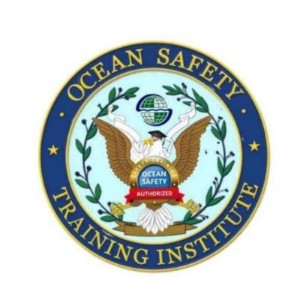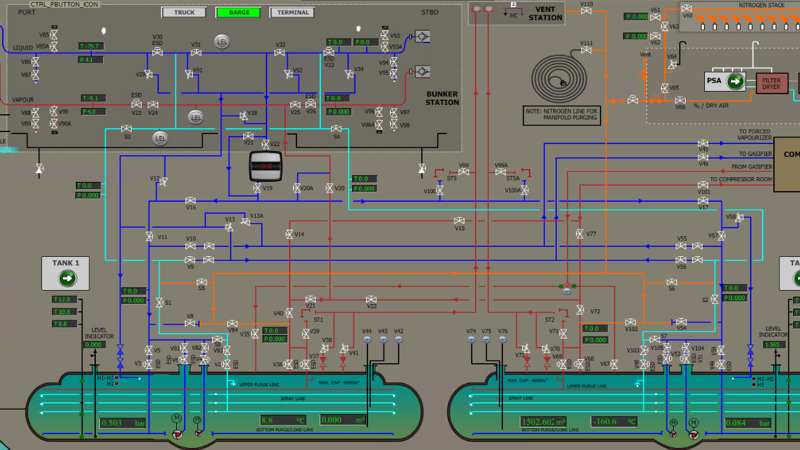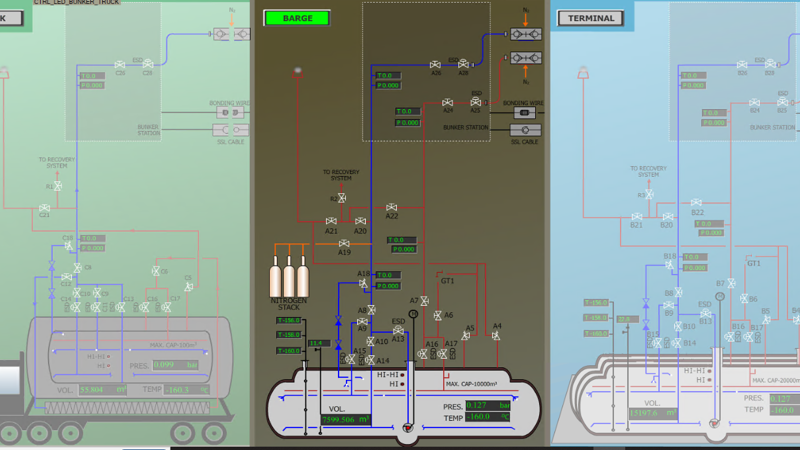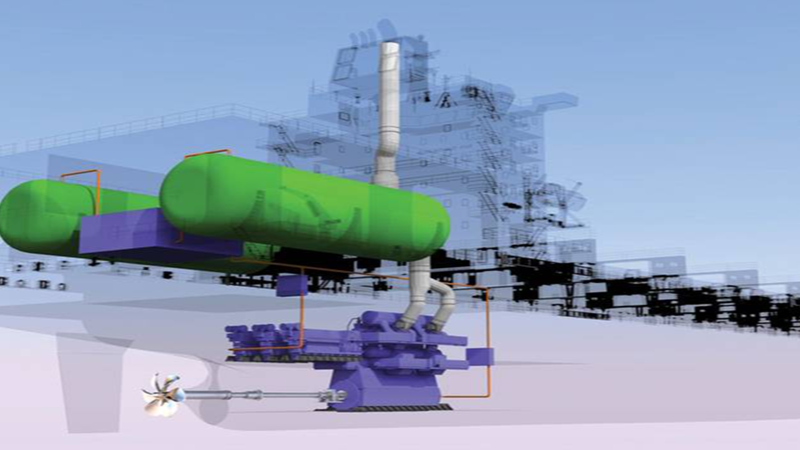Advanced Training for Ships using Fuel covered within the IGF CODE (IGFA) TRAINING
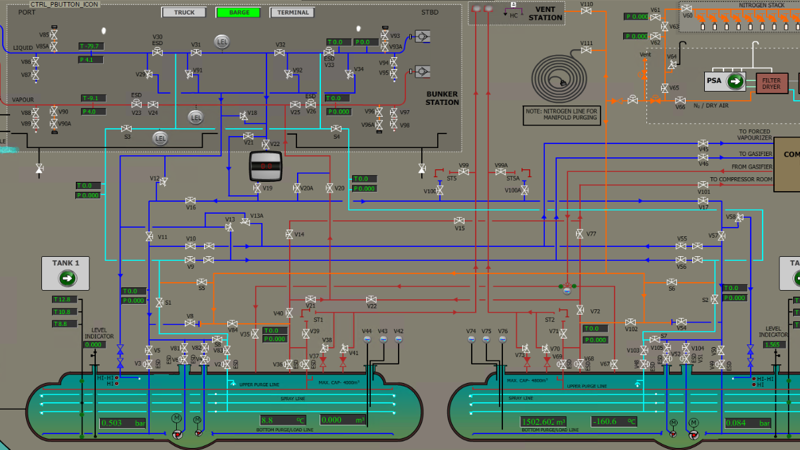
Advanced Training for Ships using Fuel covered within the IGF CODE (IGFA)
Registration
Purpose
A Safety Officer’s mission is to reduce the possibility of workplace accidents and illnesses. Safety officers support entrepreneurs and managers regarding occupational health and safety following DGUV Regulation 1 § 20. Their task is, in particular, to recognize accident and health hazards and to.
The MCA approved STCW Basic Training for Service on Ships using Fuels provides training for seafarers responsible for designated safety duties associated with the care, use, or in emergency response to the fuels on board ships subject to the IGF code (International Code of Safety for Ships using Gases or other Low-flashpoint Fuels).
In our latest article, we look at the many reasons why this course is so important
The aim of the course is to provide training to meet the minimum mandatory requirements for training and certification for masters, officers, ratings and other personnel for service on ships using fuels covered within the IGF Code, as per Regulation A-V/3 and Section A-V/3-1 of the International Convention on Standards of Training, Certification and Watchkeeping for Seafarers (STCW), 1978, as amended, hereafter referred to as STCW.
At IMO, MARPOL Annex VI has undergone amendments from time to time to incorporate the revised requirements on the reduction of pollutants in emissions from ships. In the quest to reduce SOX, NOX, and CO2 emissions from ships, enhanced research is leading to use of alternative fuels for the propulsion system.
The International Code of Safety for Ships using Gases or other Low flashpoint. Fuels (IGF Code) aims to minimize the risk to ships, their crews and the environment, given the nature of the fuels involved. Ships engines designed to use gas or low-Flashpoint liquids as fuel will be governed under the IGF Code requirements. These cleaner fuels will help meet the IMO’s 2020 Sulphur emission cap and the 2025 Design Efficiency requirements.
Officers and ratings joining ships fueled by Gases or other Low-flashpoint Fuels eg LNG, CNG, LPG, Methyl/Ethyl Alcohol, etc. shall need to undergo Basic / Advanced safety training on the handling of such volatile fuels during bunkering, storage and transfer.
This course will enable the participants to apply for Basic COP to sail on SHIPS USING FUEL COVERED WITHIN THE IGF CODE.
Compiliance
Ship design and operational characteristics
Fuel systems and fuel storage
Hazards of handling different types of fuel
Preparation of Bunker tanks
Bunkering operations
Marine power plants
Use of specialized safety equipment
Legislative requirements
Risk assessment and Safe working procedures
Firefighting equipment and methods
Simulator exercises
DURATION
Three day
LANGUAGE
English
ITEMS TO BRING
National Photographic Identification or Passport, Photo
Location
Oregon.
Hotel booking assisted for participants living far from Trogir.
Distance learning option
Yes (e-learning / offline class)
Evaluation
All participants have to complete a questionnaire in order to obtain the certificate.
Certification – Diploma
All persons who successfully complete the course based on the performance standards will receive certificate with three years validity in line with Offshore International Industries guidelines. This Training follows international standards of quality and meets the ISO 9001-2015 requirements.
Gallery
Contact
Contact Us
Phone
+1 (255) 352-6258
WHATSAPP (INDONESIA)
0822 1184 8447
0812 1018 3370
